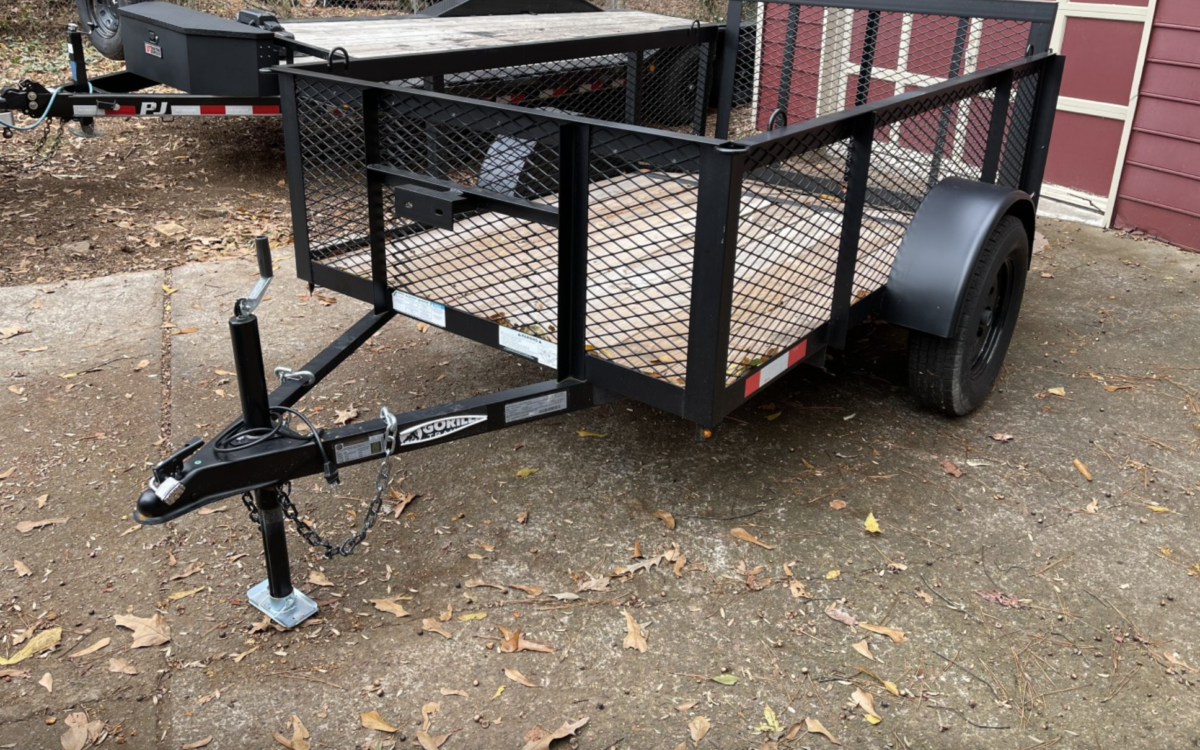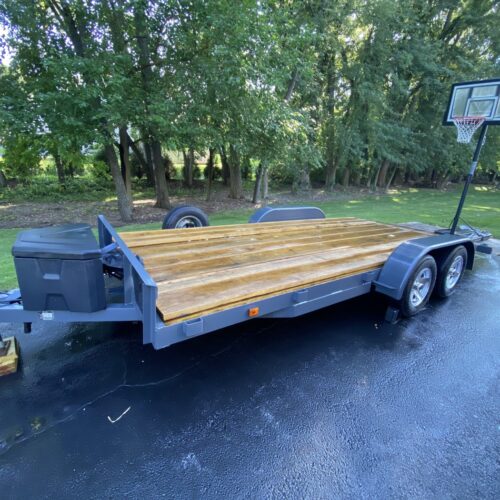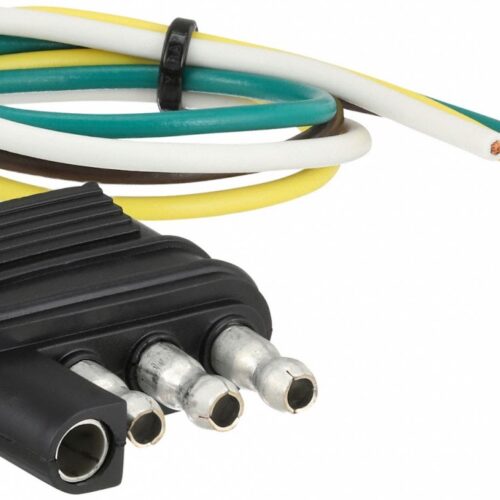For many Georgians, utility trailers are indispensable for transporting equipment, furniture, or recreational gear. Whether you’re moving across the state or embarking on a weekend adventure, understanding the towing laws governing these trailers is essential for both safety and legal compliance. In this guide, we’ll delve into the specifics of utility trailer towing laws in Georgia to help you navigate the road with confidence.
Trailer Registration and Licensing
Before hitting the road with your utility trailer in Georgia, it’s crucial to ensure it’s properly registered and licensed. All trailers must be registered with the Georgia Department of Revenue (DOR) and display a valid license plate. Additionally, trailers with a gross vehicle weight rating (GVWR) of 3,000 pounds or more require a title.
To register your utility trailer, you’ll need documentation such as a bill of sale, proof of ownership, and identification. Once registered, you’ll receive a license plate that must be affixed to the trailer in a visible location.
Towing Capacity and Equipment Requirements
Safety begins with ensuring your vehicle can safely tow the trailer’s load. In Georgia, the combined weight of your vehicle and trailer must not exceed the manufacturer’s specified towing capacity. Exceeding this limit compromises vehicle stability and braking capabilities, increasing the risk of accidents.
Equip your towing vehicle with necessary hardware, including a hitch receiver, safety chains, and trailer lights. State law mandates trailers have functioning brake lights, turn signals, and reflectors for visibility, especially at night or in adverse weather.
Speed Limits and Driving Considerations
Adhere to posted speed limits and exercise caution, particularly on curves or steep inclines. Georgia law sets speed limits for vehicles towing trailers, often lower to accommodate additional weight and reduced maneuverability.
Maintain a safe following distance from other vehicles, as sudden stops may require more time and distance to avoid collisions. Anticipate hazards and adjust driving accordingly to minimize risks on the road.
Parking and Storage Regulations
Familiarize yourself with parking and storage regulations for utility trailers in Georgia. When parked on public roads, trailers must not obstruct traffic or pedestrian pathways. Many municipalities have specific ordinances regarding trailer parking, including restrictions on overnight parking or designated areas.
Consider secure storage facilities or private property with permission from the owner. Proper storage prevents fines, towing, and protects trailers from theft and damage.
Understanding utility trailer towing laws in Georgia is essential for safe and legal hauling. By complying with registration requirements, respecting towing capacities, and practicing responsible driving habits, you can navigate the roads with confidence.
Staying informed and prepared ensures a smooth and stress-free towing experience. Whether you’re a seasoned hauler or new to trailer ownership, prioritizing safety and legal compliance makes your travels in Georgia safer and more enjoyable.




